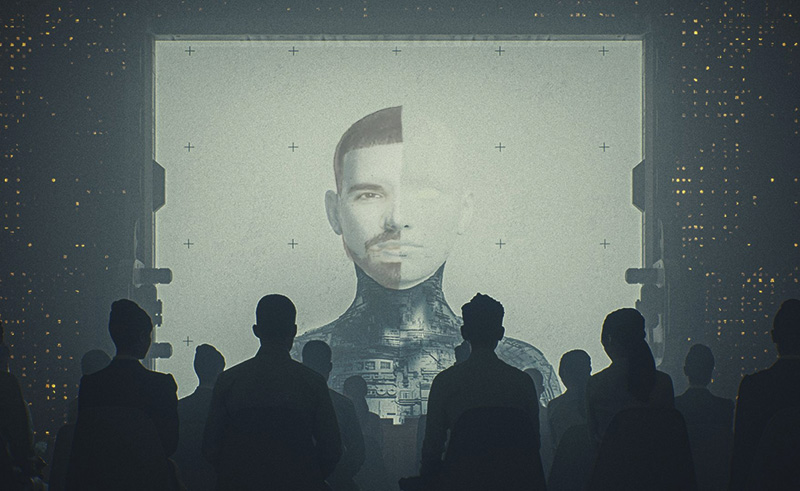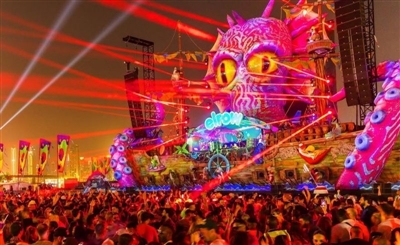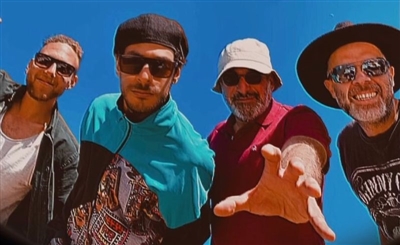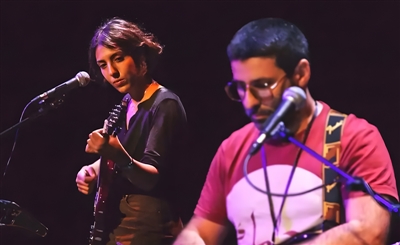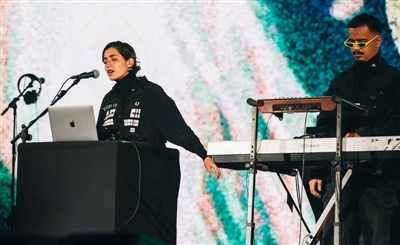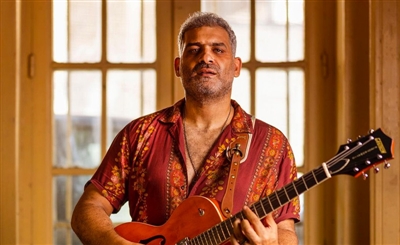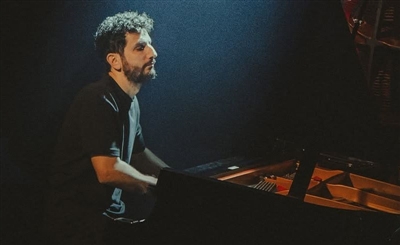Since the start of the AI era and its wildfire-like spread across the internet, people have taken to it as a means of facilitating certain tasks, but its benefits don’t come without disadvantages, as we’ve seen wave after wave of fake news and AI-generated faux-pics flooding the cyberspace and leaving users doubting what’s real and what isn’t.
The musical realm isn’t immune to either, with the emergence of AI-generated tracks which feature voice cloning so realistic that they are often mistaken for leaked or unreleased music.
An example is the release of a “new” AI-generated Umm Kulthum song decades after her passing, which received mass backlash from Egyptians and Egyptian law officials. Another prominent example is the release of a collaborative track between Drake and The Weekend using AI-generated vocals of both artists, which broke the internet and garnered over 10 million TikTok views, prompting a petition initiated in April by Universal Music - the mother label for both artists - that eventually led to the removal of the song from streaming services.
Recognizing the potential threat posed by AI-generated songs, French streaming service Deezer has taken a proactive approach to address this issue head-on with the development of a new software that aims to pick up ‘deepfaked’ tracks, and weed out illegal and fraudulent content.
AI-generated tracks will be tagged by the software, starting with songs using synthetic voices of existing artists. Those tracks will then be flagged up to labels, artists and other rights holders who can then decide what action to take.
Ironically, Deezer’s new software is based on machine learning and artificial intelligence itself. With more than 100,000 songs uploaded to the service per day, it is impossible to have the content checked by humans.According to Deezer CEO Jeronimo Folgueira, his company considers this a good use of AI, and an appropriate way to channel the technology in an ethical way from the start of the AI revolution.


